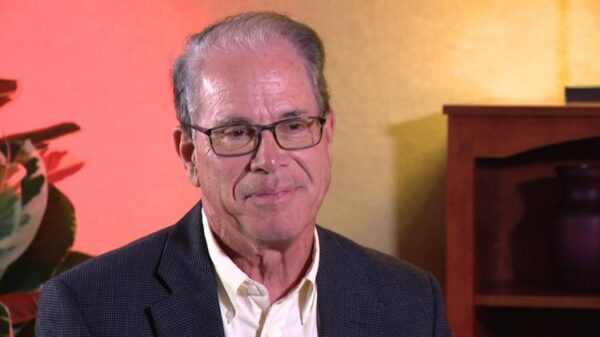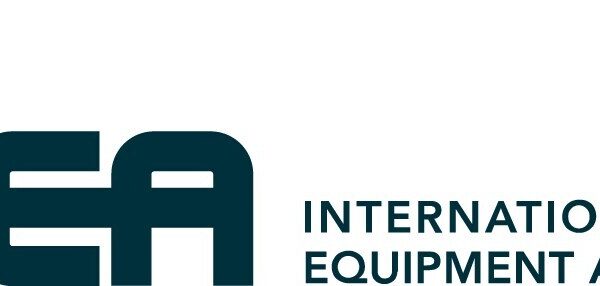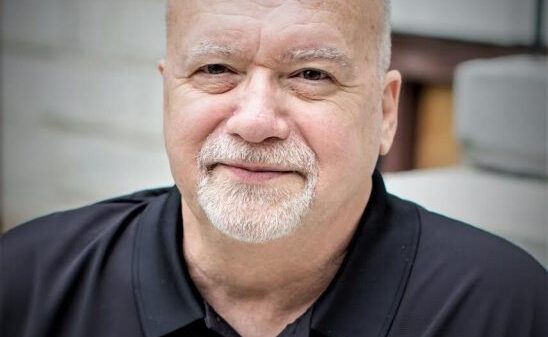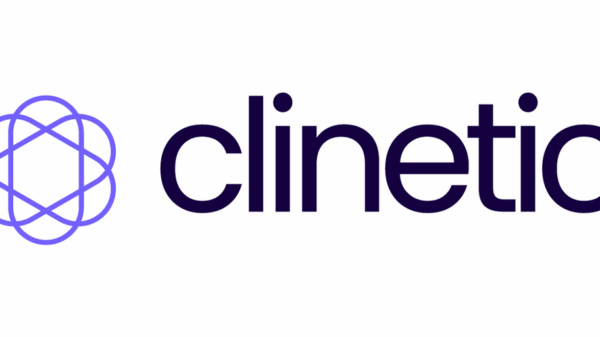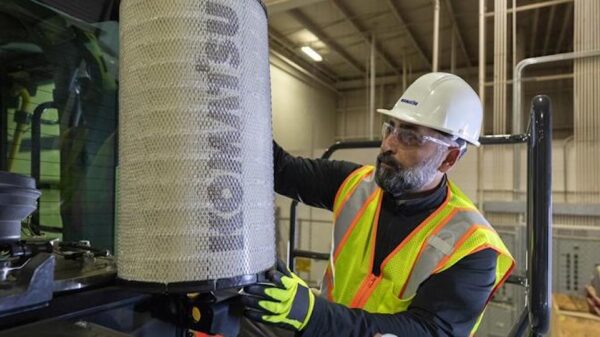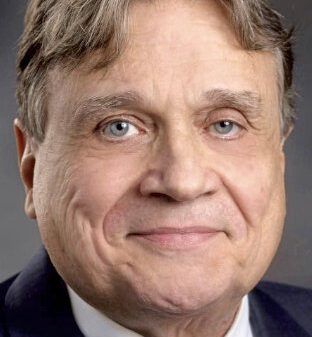The American Beverage Association (ABA) is redefining its role in public health by promoting a model that emphasizes innovation and consumer choice. During an event organized by Breitbart News on October 10, 2025, ABA President and CEO Kevin W. Keane outlined how the beverage industry is aligning with health initiatives while advocating for free-market principles.
Keane’s remarks focused on the collaborative efforts between beverage companies and the Trump administration, specifically highlighting discussions with Health and Human Services Secretary Robert F. Kennedy Jr. He noted that the industry has been proactive in addressing health concerns through private-sector innovation rather than government regulation. “We’ve worked with the White House… kept going back to them when Susie Wiles’ team — once we were developing — and once we were ready to launch, we showed them the final product,” Keane stated, indicating that Kennedy appreciated the association’s forward-thinking approach.
The discussion, moderated by Alex Marlow, Editor-in-Chief of Breitbart News, showcased the rapid growth of zero- and low-sugar beverage options in the market. Keane revealed that beverage companies launched at least 15 new low or zero sugar products this year, including innovative offerings from major brands like PepsiCo and Coca-Cola. “Just this year, Gatorade introduced Gatorade water, and Powerade has recently launched Powerade water,” he noted, emphasizing that these developments reflect both industry innovation and consumer demand.
Advocating for Consumer Choice and Health
Keane articulated that the beverage industry’s strategy hinges on listening to consumer preferences while providing “meaningful choice.” He stated, “I think you can have it both ways,” referring to the balance between health initiatives and economic freedom. He emphasized that the beverage sector, contributing only 6 percent of calories in a typical diet, recognizes its responsibility in addressing health challenges like obesity and diabetes.
In his remarks, Keane cautioned lawmakers against moving away from free-market principles when shaping health policies. “Rely on the private sector to do their job, push them when they need to be pushed, raise the issues so they can respond effectively,” he advised. He believes that the ABA’s efforts under the MAHA model demonstrate how the private sector can effectively address public health issues without heavy-handed government intervention.
Keane characterized the beverage industry as a model for the MAHA movement, stating that it exemplifies how to address health concerns while respecting consumer choices. He asserted, “This shows how the private sector can step up and solve real problems in a free market way,” reinforcing the notion that consumer-driven solutions are more effective than regulatory mandates.
Transparency and Innovation in the Beverage Sector
A significant aspect of the ABA’s approach is a commitment to transparency. Keane highlighted the association’s initiative to provide a comprehensive platform listing over 140 beverage ingredients, including their uses and safety assessments from reputable agencies such as the U.S. Food and Drug Administration and Health Canada. “More than ever, Americans want transparency, and that’s exactly what we’re delivering,” he stated, reflecting a growing consumer demand for clarity regarding product ingredients.
This push for transparency aligns with the long-term goals of the beverage industry, which has introduced hundreds of zero-sugar options over the past two decades. The ABA has also voluntarily removed full-calorie beverages from schools and implemented front-of-pack calorie labeling to promote informed consumer choices. Keane pointed out that 60 percent of the beverages purchased by Americans today contain zero sugar, attributing this shift to consumer demand and entrepreneurial innovation.
Despite facing criticism in health discussions, Keane defended the industry, noting that its size and visibility make it a target for scrutiny. “We’re big, high-profile brands and companies… if you’re trying to push an issue, we may in some cases be an easy target,” he explained. He emphasized the need for the industry to be more aggressive in communicating its efforts and successes in promoting public health.
In conclusion, the ABA is actively positioning itself as a leader in health innovation while championing consumer choice. Under the MAHA model, the beverage industry aims to tackle health challenges through market-driven solutions that emphasize transparency and responsiveness to consumer needs. As Keane aptly stated, “Our industry acts, not just talks — that’s what makes it fun.”








